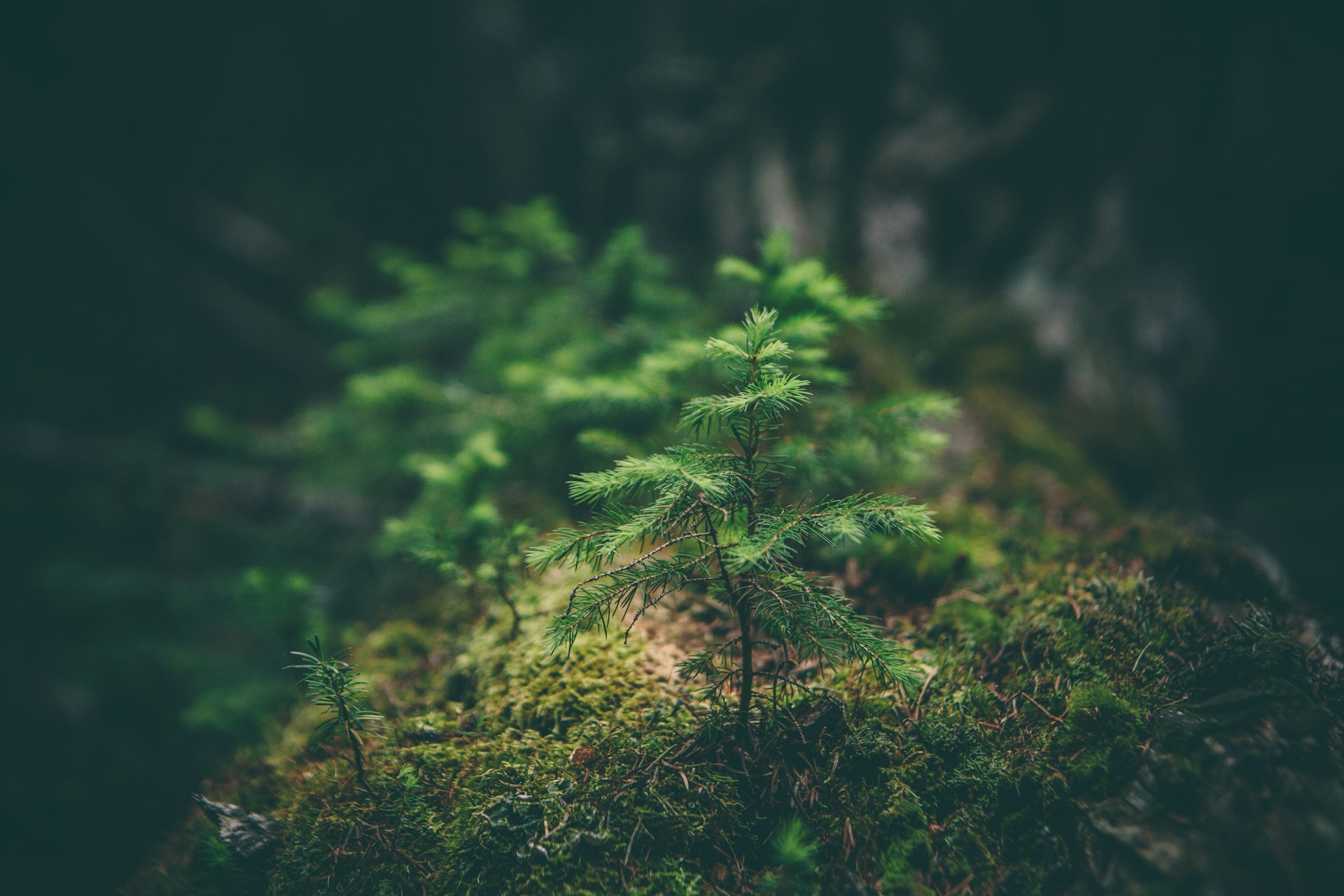Conservation isn’t just about saving trees or protecting wildlife — it’s about empowering communities to understand, preserve, and restore their environment.
Yet, most conservation technologies rely on constant internet, expensive sensors, and cloud-based analytics — tools out of reach for many regions that need them most.
That’s where Maath:ai steps in.
Inspired by Prof. Wangari Maathai, the global icon of environmental action, Maath:ai brings offline, on-device AI to the frontlines of conservation — making it possible to collect, analyze, and act on environmental data without connectivity.
🌍 Why Conservation Needs Edge AI
Across Africa and the Global South, conservation efforts often face:
- 🌐 Poor or no internet coverage in remote forests, parks, or reserves.
- 💸 High costs of cloud-based monitoring systems.
- ⚙️ Limited access to technical expertise or infrastructure.
- 🕓 Delays in processing field data due to connectivity barriers.
These challenges make it hard for local rangers, researchers, and communities to act quickly on environmental threats.
Maath:ai bridges that gap by bringing intelligence to the edge — where conservation really happens.
🤖 What Maath:ai Can Do for Conservation
Maath:ai turns any compatible Android device into a local conservation assistant, capable of understanding, analyzing, and generating insights — all offline.
🌳 1. Field Data Collection and Analysis
Conservation teams can use Maath:ai to:
- Log wildlife sightings, tree counts, and ecosystem notes offline.
- Summarize reports automatically with AI — no typing or spreadsheets.
- Identify trends in habitat loss or species sightings over time.
All data stays on the device until teams are ready to sync or share it, ensuring privacy and security in sensitive conservation areas.
🦉 2. Species and Plant Identification (Offline)
Using small vision-language models like SmolVLM, Maath:ai can identify:
- Tree species from bark or leaf photos.
- Bird or animal species from images or footprints.
- Invasive plants or pests threatening native ecosystems.
Because this happens locally, field rangers don’t need connectivity — just a smartphone and the Maath:ai app.
🔥 3. Early Warning Systems for Fire or Deforestation
With lightweight on-device models, Maath:ai can:
- Analyze captured images or drone footage for signs of illegal logging or forest fires.
- Send local alerts even before internet synchronization.
- Integrate with simple offline sensors for smoke or sound detection.
This makes real-time conservation possible in forests, savannahs, or community-managed lands where connectivity is low.
🌊 4. Climate and Environmental Education
Maath:ai can act as a teacher and advocate — explaining:
- The importance of reforestation and soil health.
- How to create community nurseries or manage water catchments.
- The science behind biodiversity and climate change — in local languages like Swahili, Amharic, or Hausa.
This makes Maath:ai an accessible environmental educator for schools, youth groups, and local leaders.
🪵 5. Community Empowerment and Reporting
Local forest guardians can use Maath:ai to:
- Record illegal logging or poaching incidents offline.
- Generate AI summaries or structured reports for later upload.
- Collect stories and testimonials for conservation projects.
It’s technology that listens to local voices, not just sensors — amplifying on-the-ground intelligence for global impact.
💡 Use Case Highlights
| Conservation Need | Maath:ai Solution | Impact |
|---|---|---|
| 🌳 Tree Monitoring | Offline image identification of native and invasive species. | Faster data collection without connectivity. |
| 🐾 Wildlife Tracking | Text or image input of sightings analyzed locally. | Builds real-time biodiversity databases. |
| 🔥 Fire Detection | On-device analysis of smoke or satellite image inputs. | Early warning and rapid local response. |
| 🪵 Illegal Logging Reports | AI-assisted summaries of incidents. | Simplified reporting and accountability. |
| 🎓 Community Education | Conversational lessons on ecology and climate. | Raises awareness in native languages. |
🌱 Why Maath:ai is a Game Changer for Conservation
✅ Offline First
Conservation areas are often offline — and that’s exactly where Maath:ai shines. No need for internet or cloud connectivity.
🔒 Data Sovereignty
Sensitive environmental and location data remains on local devices until teams choose to share it.
🌐 Multilingual Communication
AI that speaks Swahili, Hausa, Arabic, Amharic, and more ensures inclusivity and community engagement.
💰 Affordable and Scalable
Runs on low-end Android devices — making it accessible for local NGOs, schools, and community projects without high hardware or data costs.
🌿 Sustainability Aligned
By reducing cloud energy use and promoting local intelligence, Maath:ai stays true to Wangari Maathai’s legacy — technology in harmony with nature.
🔮 The Future of Conservation with Maath:ai
We’re just getting started. Future developments include:
- 📸 Offline image-based ecosystem mapping.
- 🗺️ Community-driven forest monitoring dashboards.
- 🔊 Voice-based interfaces for rangers and farmers.
- 🌍 AI model packs focused on climate, biodiversity, and forestry.
- 🤝 Partnerships with conservation groups and research institutions.
Maath:ai isn’t just a tool — it’s a platform for environmental action at every level, from schools to sanctuaries.
🌿 Inspired by Maathai, Built for the Planet
“It’s the little things citizens do. That’s what will make the difference. My little thing is planting trees.”
— Prof. Wangari Maathai
Maath:ai continues this legacy — planting digital “seeds” of knowledge that help protect the Earth.
From identifying a tree in a remote village to coordinating reforestation at scale, Maath:ai turns AI into a force for conservation, not consumption.
🌍 Join the Movement
If you’re part of:
- A conservation NGO or research team,
- A community forestry or wildlife project, or
- An educational organization promoting climate awareness —
Partner with us at usemaathai.com and bring offline AI to conservation.
Together, we can make technology not just smart — but sustainable.

Leave a Reply